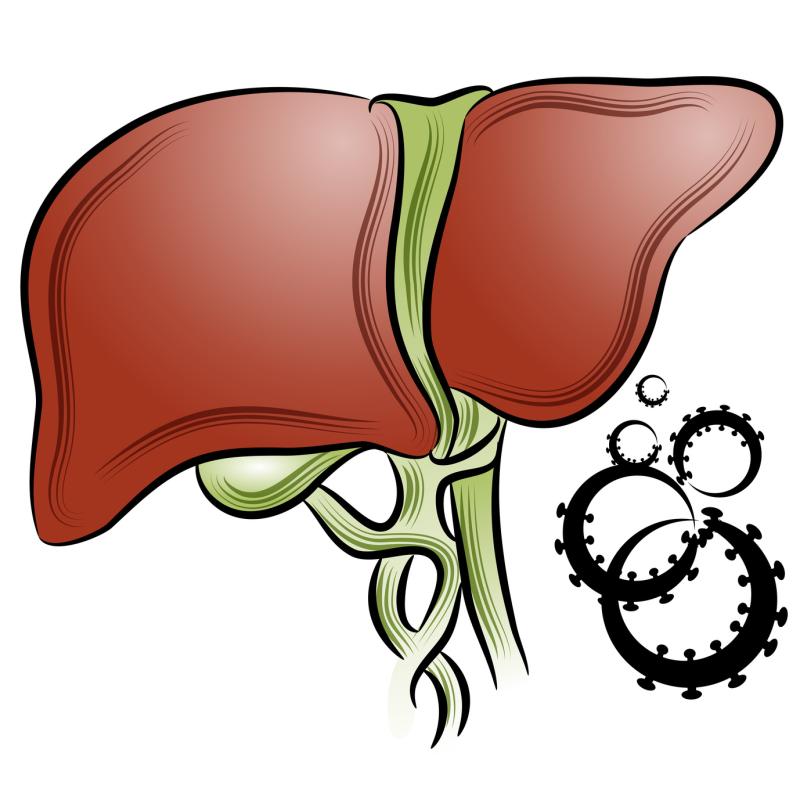
Treatment with the combination of sorafenib plus hepatic arterial infusion chemotherapy (SoraHAIC) appears to be effective and well tolerated in patients with advanced hepatocellular carcinoma (HCC), according to the results of a meta-analysis.
Researchers searched multiple online databases for relevant studies examining the clinical utility of the combination therapy in advanced liver cancer. The search yielded five studies for inclusion in the meta-analysis. The major outcomes examined were overall response rate, overall survival, progressive disease, and adverse events. These outcomes were compared between SoraHAIC and sorafenib monotherapy.
The total population comprised 726 patients. Pooled data showed that compared with sorafenib alone, SoraHAIC produced a significant improvement in overall response (risk ratio [RR], 3.08, 95 percent confidence interval [CI], 1.38–6.89; p=0.006) and complete response (RR, 5.84, 95 percent CI, 1.85–18.45; p=0.003) rates.
The combination therapy also yielded substantial survival gains, with the median overall survival prolonged relative to sorafenib monotherapy (hazard ratio, 0.59, 95 percent CI, 0.35–1.00; p=0.05).
However, safety outcomes were better with the monotherapy. The risk of adverse events, such as anaemia, neutropaenia, and thrombocytopaenia, was markedly higher among patients in the combination group (p<0.05).
The present data indicate that SoraHAIC is useful for treating advanced HCC. However, additional large-scale randomized controlled trials should be conducted to establish the clinical benefit of the combination.